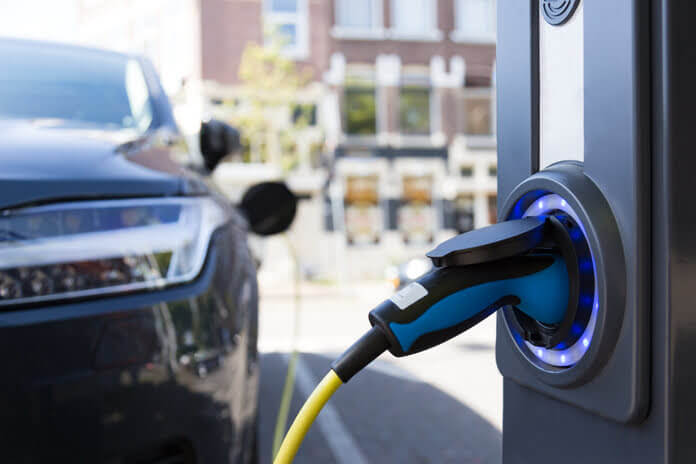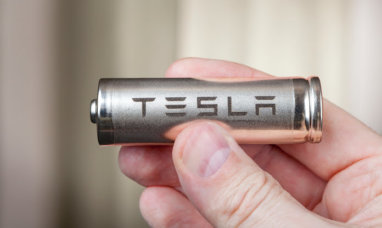There appears to be plenty of uncertainty surrounding the state of the Chinese EV industry. Should the recent challenges persist, that is likely to translate to bad news for a variety of other stocks such as Tesla (NASDAQ:TSLA).
A quick review of the recent forecast from Li Auto (NASDAQ:LI) and XPeng (NYSE:XPEV) clearly illustrates this point. The two companies revealed that they were likely to deliver fewer vehicles in the third quarter than Wall Street had projected. As a matter of fact, during Li Auto’s earnings call on August 15, the company said that it was on track to deliver approximately 28,000 vehicles in the third quarter falling short of analysts’ expectations of close to 39,000. On Tuesday this week, Xpeng also revealed that it would deliver 30,000 EVs for the quarter, while analysts had projections of about 45,000 vehicles.
According to Citigroup analyst Jeff Chung’s recent research report, from a top-down perspective, the market is concerned that the September and October high season purchases are likely to be affected by the weakening economy.
This is because China’s car demand usually peaks around September and October. Ordinarily, these two months usually account for roughly 18% and 19% of the annual vehicle sales, which is significantly higher than the average 16.7% that could be expected when sales are evenly distributed throughout the year.
Declining deliveries, a weak macroeconomic outlook, and the constant challenges resulting from Covid-19 and supply chain disruptions have contributed to the weakness in the stock market, according to a slide that Chung aptly titled ‘collapse.’ Shares of both Li and XPeng have dipped by 15% and 25%, respectively, over the past month alone, while NIO (NYSE:NIO ) and BYD (OTC:BYDDF) shares have shed roughly 5% and 9%, respectively.
It is, therefore, no surprise that even shares of battery behemoth Contemporary Amperex Technology Co. Ltd have been affected. The company’s stock has declined roughly 2% in the last month. At the same time, the Shanghai Composite Index SHCOMP has witnessed a 1% decline over the same period.
Upcoming Sales Data Will Determine the Course of Chinese EV Stocks
Chung suggests that what needs to happen in order to mitigate the effects of slowing EV demand and the impact it has on the stocks is that there need to be robust sales in the last week of August and the first half of September. Chung monitors industry data plus insurance registrations to get a high-level picture of how sales are progressing.
On his part, Chung remains optimistic that sales data will be much better and has given shares of BYD, NIO, XPeng, and Li a buy rating. However, not all analysts are convinced that a spike in sales data will be enough to make Li’s stock recover lost ground. Last week several analysts downgraded the stock and made substantial revisions to their outlook for this year. Both revenue and earnings per share estimates were slashed sharply as the analysts concluded that they had been too optimistic. The consensus price target fell to $43.50, implying a 5% drop from the earlier target, while the most bearish price target was $28.39 per share.
It also seems that better sales data may be needed in order to sustain Tesla’s stock momentum. The company’s stock is up roughly 9% over the last month compared to the S&P 500’s 6% gain and the Nasdaq’s 7% rally.
The world’s largest market for EVs is China, and it accounts for about a quarter of Tesla’s sales. As such, whatever happens in China will have far-reaching consequences for Tesla.
Featured Image: Megapixl @Davidschunack















